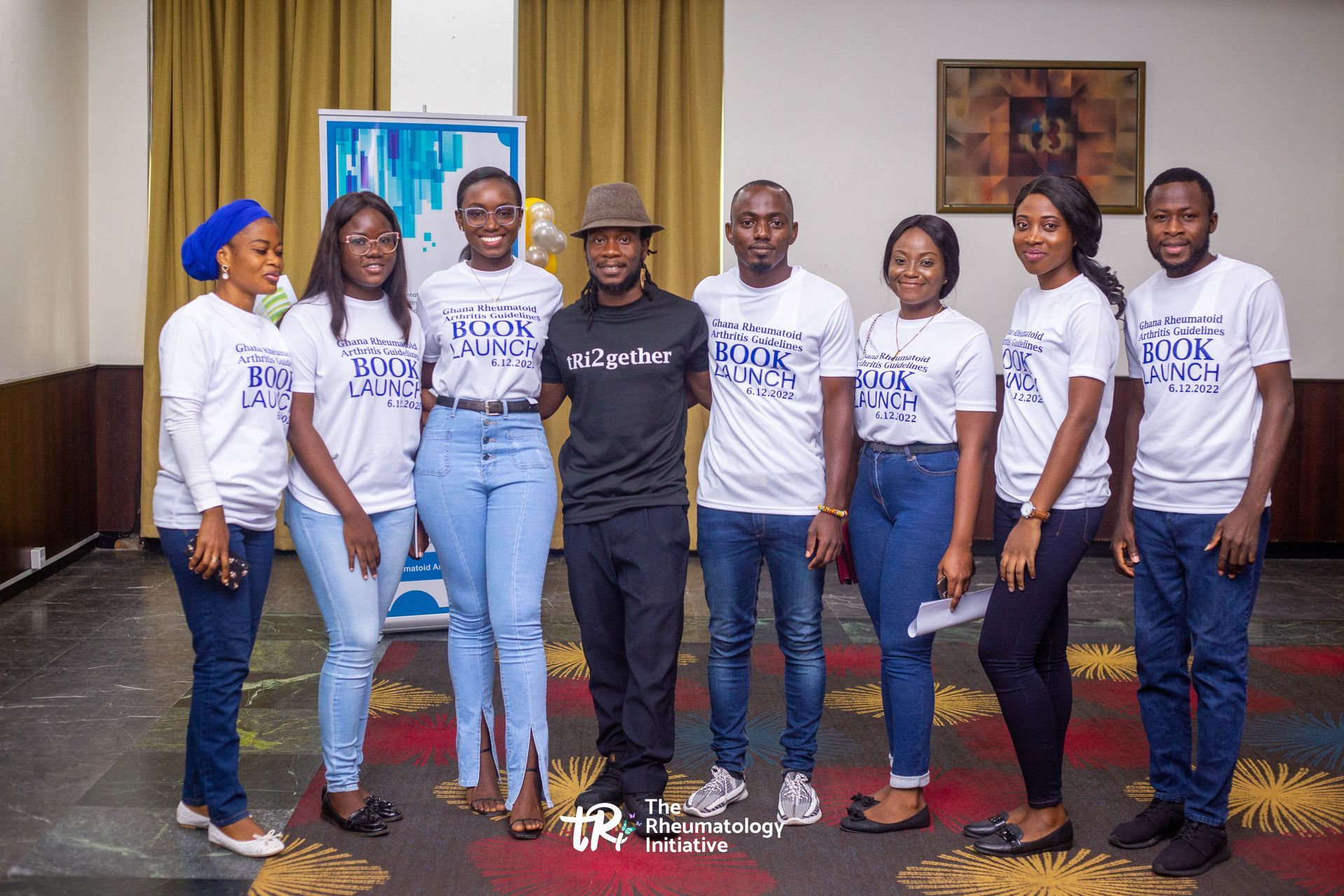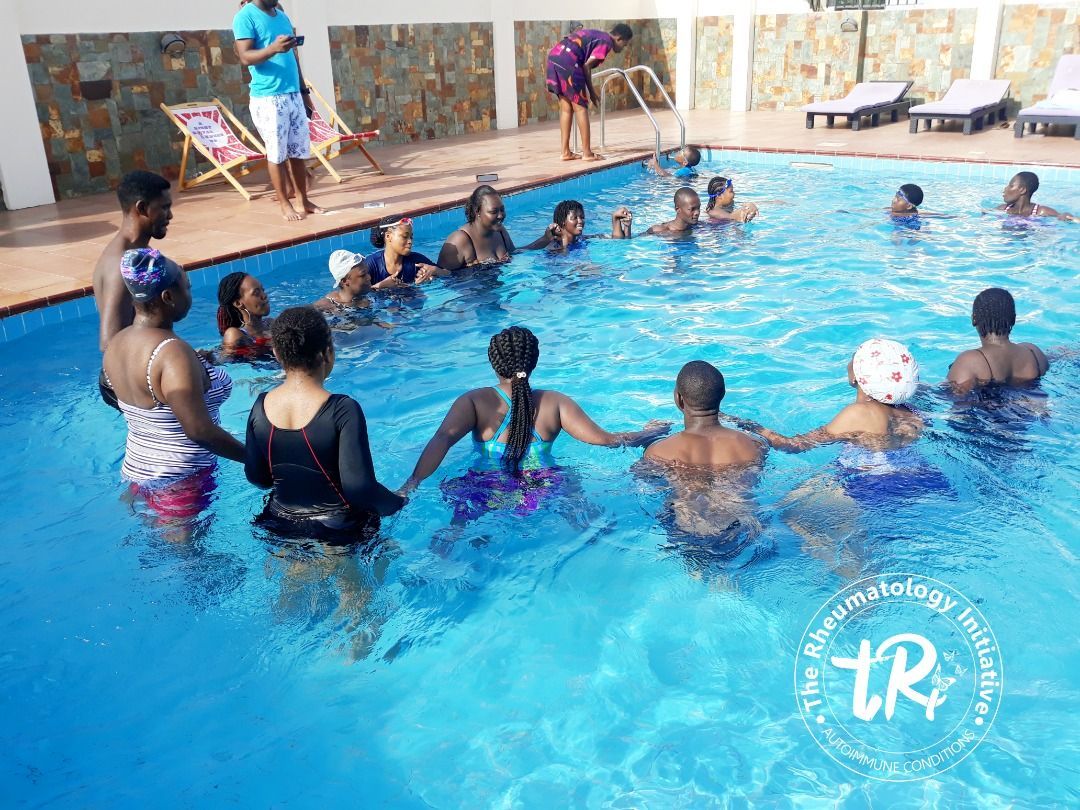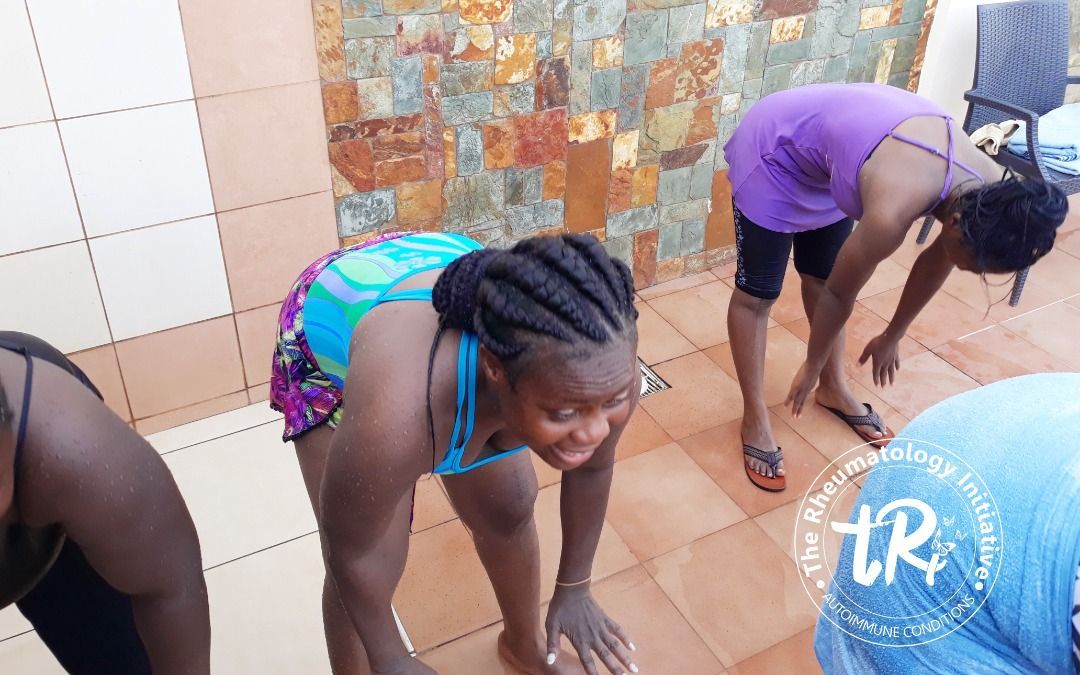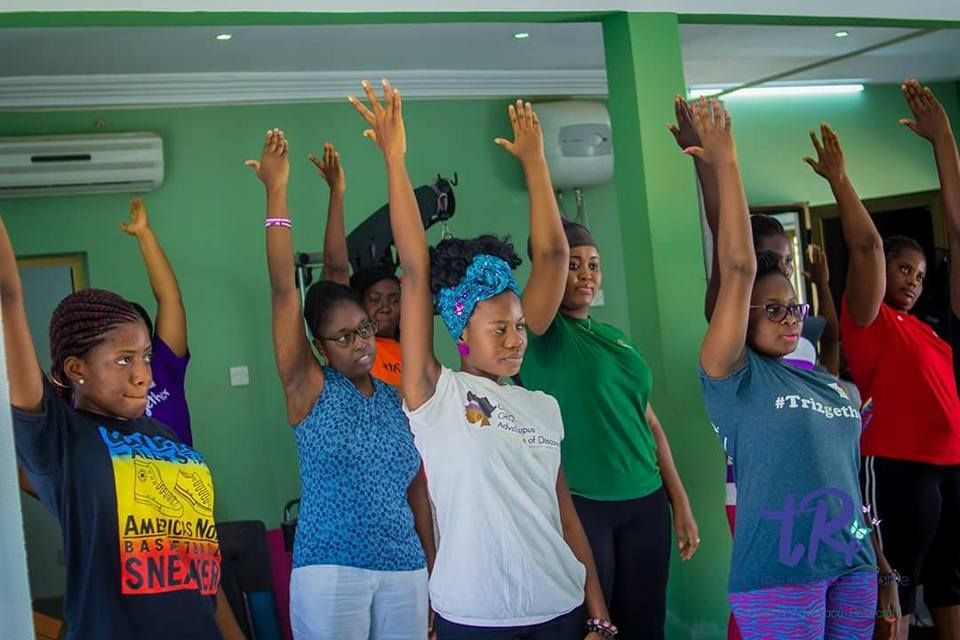G.R.A.S.P.
Global Rheumatoid Arthritis Support and Platforms
The Global Rheumatoid Arthritis Support and Platforms (GRASP) is a subgroup under The Rheumatology Initiative, TRI Ghana.
In line with the aim of the parent group to increase awareness, provide information, tips and the latest advances in the care of people with autoimmune rheumatic diseases, GRASP's focus, as its name suggests, is on Rheumatoid Arthritis.
GRASP's logo, is a Phoenix, with the international RA ribbon in the middle.
The Phoenix is a mythical creature best known for its beauty, loyalty, tenacity, and stubbornness. Like the mythical Phoenix, RA leaves no visible physical marks (at least for a long time), which makes it an invisible illness. Also, like the Phoenix that is burnt by flame, and reborn from the ash, RA warriors have to contend with joint pain, fatigue, brain fog, depression, malaise, organ involvement, and other symptoms in our daily lives. But we always come back, stronger and more determined to not just survive but to thrive.
This inspired the choice of our motto "Rebirth to Remission"
There are several days for celebrating RA worldwide which are:
- RA Awareness day which is celebrated on 2nd February
- World Juvenile Arthritis Day (WORD Day) which is celebrated on 18th March
- Juvenile Idiopathic Arthritis awareness week which is celebrated from 15th to 21st July
GRASP Activities
As part of our awareness month observations, we organize sessions with a physiotherapist with knowledge of autoimmune conditions, who takes support group members and their caregivers through exercise routines that are safe for them, and would help with mobility in their joints, strengthen their muscles, hearths and lungs. Afterwards, they encouraged to go and keep practicing these exercises at home.
For more information, visit our Facebook page:
https://www.facebook.com/autoimmunerheumatoidarthritis.trighana
